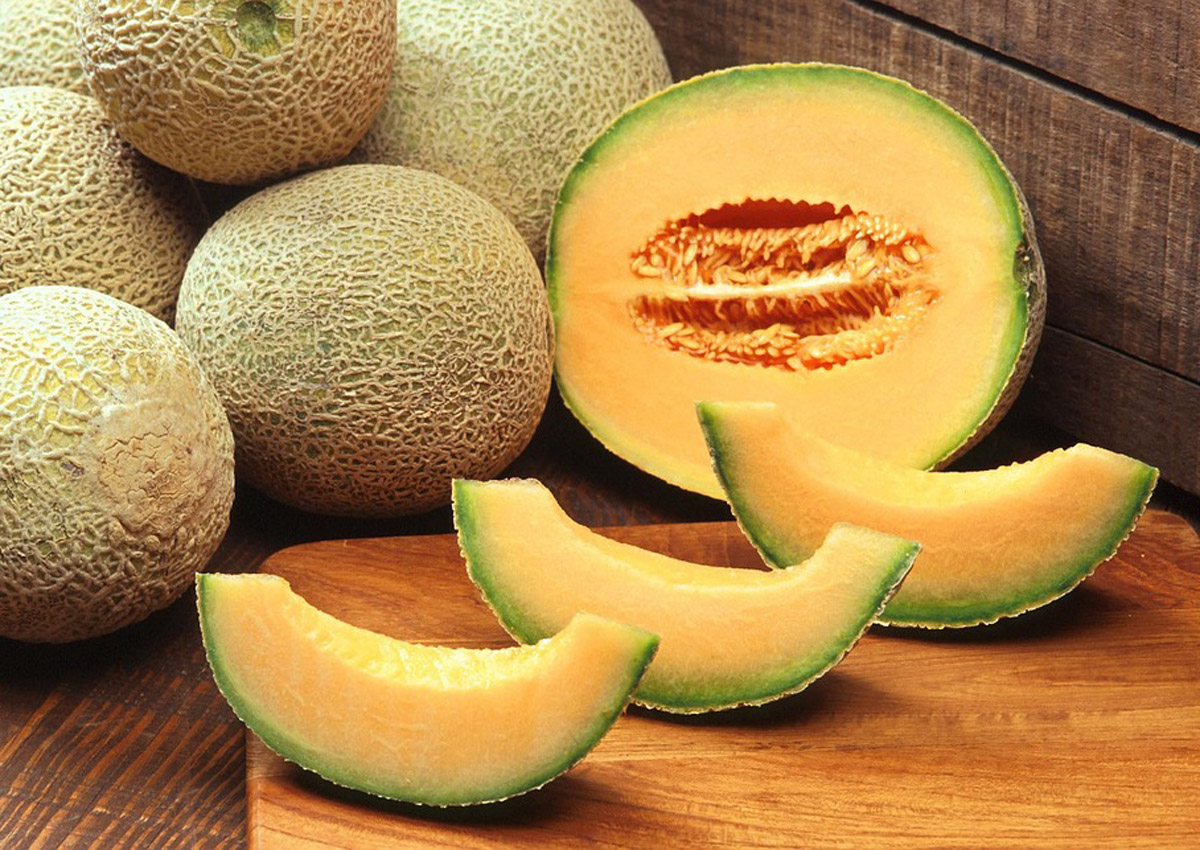Wondering whether that rock melon in your fridge is safe to eat?
The Agri-Food and Veterinary Authority (AVA) said on Monday (March 5) that two consignments of rock melons linked with the recent listeria outbreak in Australia have been pulled off the shelves in Singapore.
Imported from a New South Wales grower, the fruits were sold in Sheng Siong supermarket outlets and wet markets from Feb 12 to March 2.
The authority said that all rock melons currently available for sale are not implicated by the recall. To ensure food safety, however, AVA is conducting tests on rock melons from other sources.
If you suspect that you’ve purchased affected rock melons, do not consume them, AVA advises. Those who feel unwell after eating the fruits should seek medical attention.
The recall follows news of a listeria outbreak in Australia last week, where three people died and 12 others fell ill after consuming contaminated rock melons. All 15 victims are elderly, said NSW Health.
According to AVA, it may take from three to 70 days for symptoms of the bacterial infection to show.
A person with mild listeriosis usually suffers from diarrhoea or other gastrointestinal symptoms before developing fever and muscle aches.
But the bacteria may cause the pregnant, elderly, and those with a weakened immune system, to suffer from serious diseases such as brain and heart infections or pregnancy complications.
When diagnosed early, listeriosis can be treated with antibiotics.
Raw and ready-to-eat foods such as unpasteurised milk, raw meat, seafood and fresh fruits and vegetables could be contaminated by listeria. The best way to reduce the risk of listeriosis is the safe handling, cooking, and consumption of food.
So, don’t forget to give your rock melon a thorough wash before taking a bite.
minlee@sph.com.sg

More about
bacterial infection Food safety






